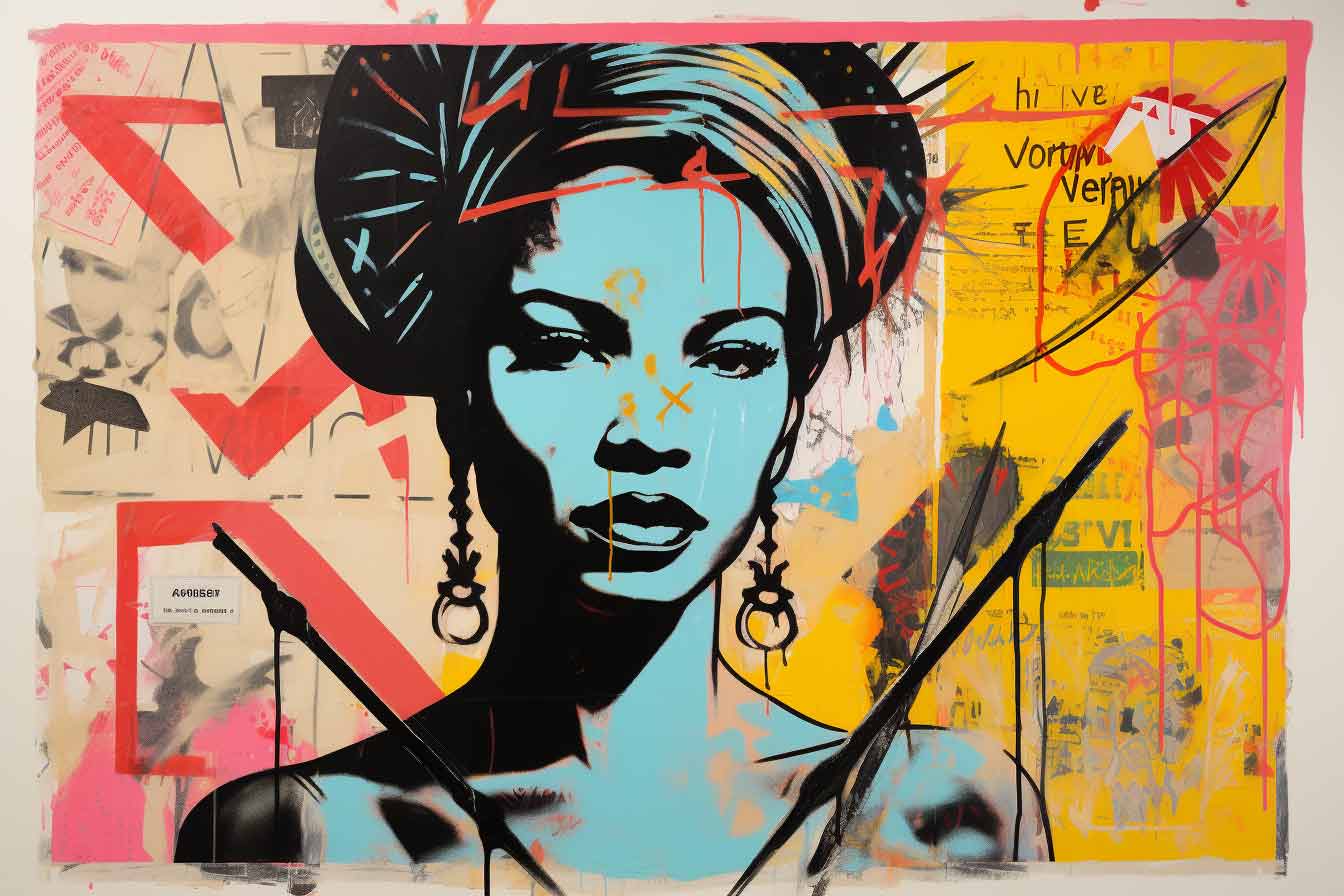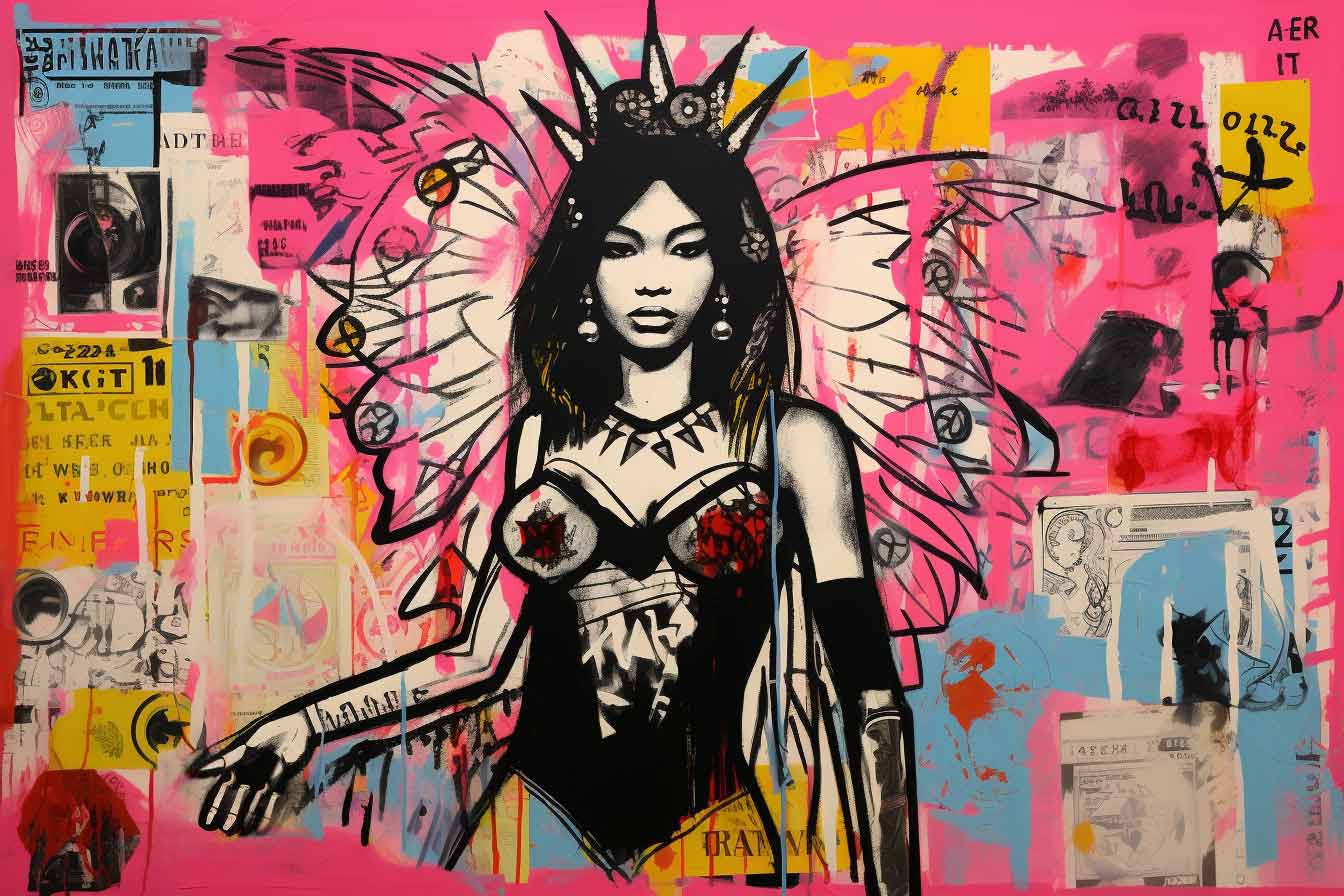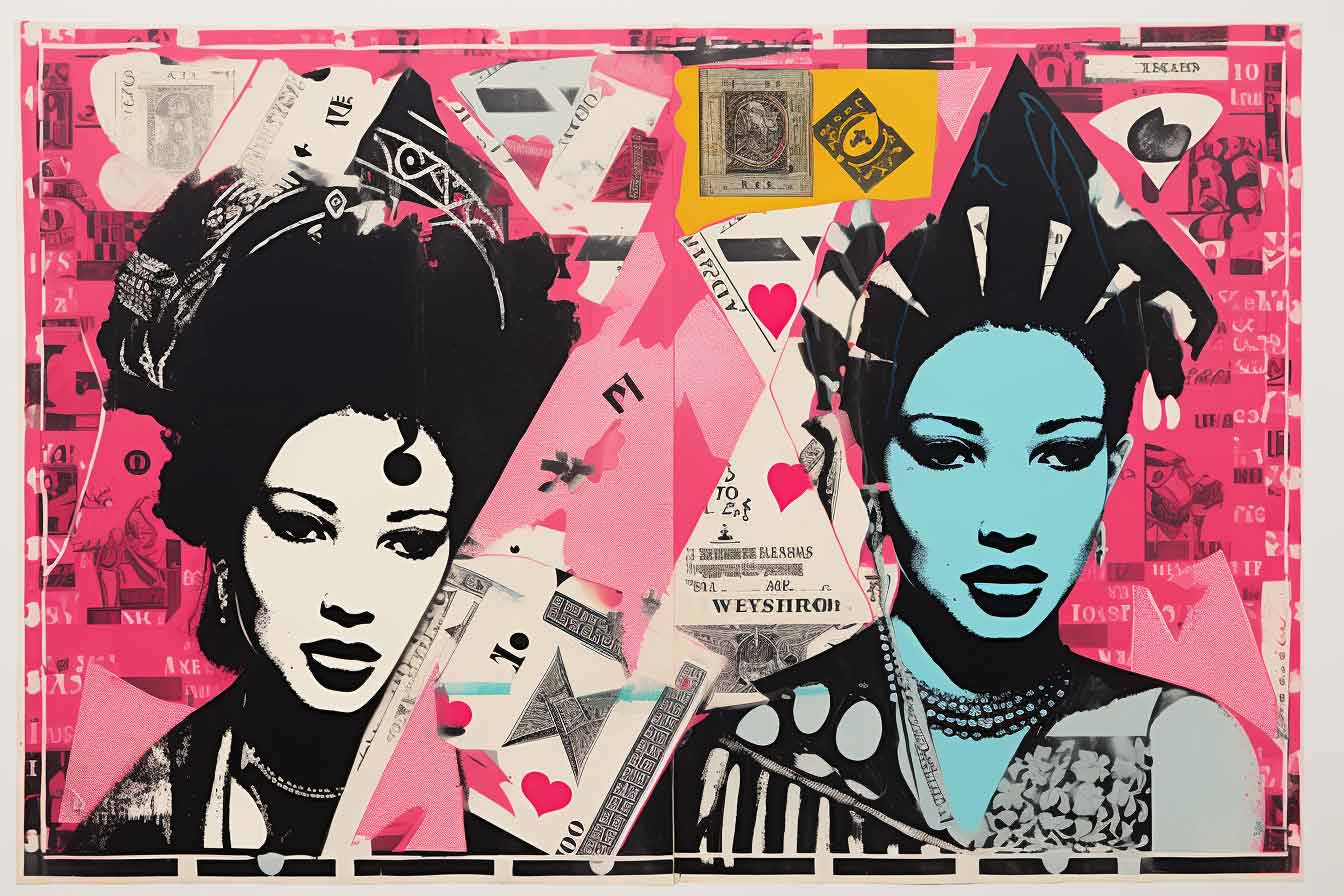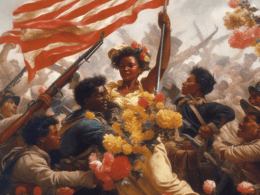
As we sift through the annals of American history, the stark disparities in wealth distribution and ownership among African Americans present a narrative that’s as complex as it is disquieting. African Americans, making up approximately 13.6% of the total U.S. population, are in a paradox of representation — a glaring 37% of the prison population juxtaposed with a mere 2.4% holding the mantle of business ownership. The imperative is clear: to realign these percentages in favor of empowerment and equity.

With Black consumers injecting roughly $835 billion annually into the economy, representing about 10 percent of overall consumption, the leverage within the community is tangible, yet underutilized. This economic prowess starkly contrasts the 4 percent of wealth held by Black Americans — a figure that demands introspection and action when considering the 84 percent of wealth clutched by White Americans, who constitute 60 percent of the population.

This isn’t just a modern imbalance but a historical continuum. The saga of Black Wall Street in Tulsa is a harrowing testament to this. It was a beacon of Black prosperity that was systematically razed to the ground by the corrosive forces of white supremacy and terrorism. The destruction of this enclave of Black wealth and its ripple effects into the present day are not anomalies but indicative of a pattern of plunder and systemic oppression.

The revulsion directed at the self-sufficient, thriving African American — labeled the “uppity negro” — betrays an entrenched aversion to Black autonomy and success within a system that perpetuates classism. Standpoint theory and intersectional studies have laid bare the systemic biases that anchor our institutions, creating barriers that African Americans navigate daily. From the trauma inflicted by domestic terrorism, the strategic introduction of drugs into communities, to the targeted dismantling of Black leadership as seen in COINTELPRO’s orchestration of Fred Hampton’s assassination, the path to equality has been fraught with orchestrated setbacks.

Yet, the call for a new era of Black ownership and intra-community support is resounding louder than ever. The potential for African American wealth to circulate within and bolster its own communities is a page yet to be turned in the ledger of history. By asserting control over the nearly trillion dollars that currently hemorrhages from Black communities each year, there lies an opportunity to foster resilience and prosperity that is long overdue.

The past has been written with a heavy hand, but the future awaits with an open page. It’s time for African Americans to harness their economic agency, to build and support businesses that can anchor and uplift the community. This is a call to redirect the flow of capital, to transform it into a tool for collective prosperity rather than a perennial loss. The journey towards equality has been marred by violence and systemic obstruction, but the power to shape the economic destiny of Black America is and has always been, within the community’s grasp.

In the heart of this storm stands my own small business, a daily microcosm of these broader challenges. As the owner and sole employee, I navigate these systemic headwinds with a resolve steeped in hope and the unwavering belief in the power of persistence, education, and skill acquisition. Each day is a testament to what can be achieved through sheer tenacity and an unrelenting thirst for knowledge. Yet, there’s an enduring wish that flickers within — a yearning for greater communal upliftment, for a support system that burgeons from within our own rich soil, negating the necessity to seek assistance from external sources that may never materialize. It’s a dream where our collective strength is our sanctuary, where our community’s embrace is the first and last pillar upon which we lean.













